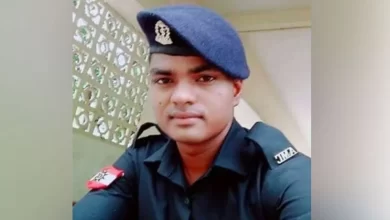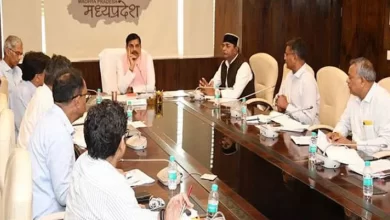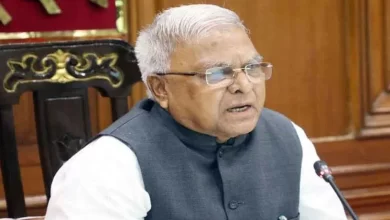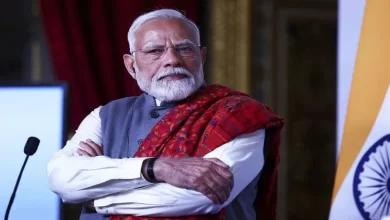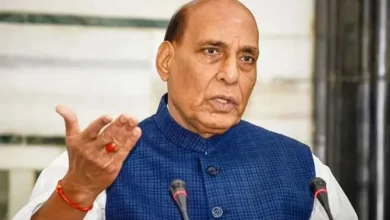Delhi HC directs lower courts to allow parties, lawyers appear virtually

Delhi High Court directed all district courts to allow any of the parties or their counsel to appear via hybrid or video-conferencing mode throughout court proceedings without the need for a prior request

New Delhi: The Delhi High Court on Monday directed all district courts to allow any of the parties or their counsel to appear via hybrid or video-conferencing mode throughout court proceedings without the need for a prior request.
“The hearings shall be conducted in hybrid/video-conferencing mode in conformity with the High Court of Delhi Rules for Video Conferencing for Courts 2021 and also bearing in mind the provisions of the Live Streaming and Recording of Court Proceedings Rules of the High Court of Delhi, 2022,” the circular issued states.
In cases involving matrimonial disputes, sexual offences, child custody, the POCSO Act, the Juvenile Justice Act, medical termination of pregnancy, the circular states that the judges must make sure that no one other than the parties and lawyers of the case digitally accesses or joins the proceedings while hearings are being conducted through hybrid or video-conferencing mode.
The circular further restricts matters registered under or involving the Medical Termination of Pregnancy Act, 1971 and in-camera proceedings as defined under Section 327 of the Code of Criminal Procedure, 1973 (CrPC) or Section 153 B or Order XXXIIA of the Code of Civil Procedure, 1908 (CPC), to be accessed only by parties and lawyers.
It states that cases, which in the opinion of the bench, may provoke enmity amongst communities likely to result in a breach of law and order, are also restricted to only parties and lawyers.
However, it stated: “Further in a given case, the court may for reasons to be recorded in writing, direct the parties and/or their counsel to appear physically where in the opinion of the court the physical presence of the parties/counsel in the court is required or where the court is otherwise of the opinion that the matter should be heard physically in the court.”

